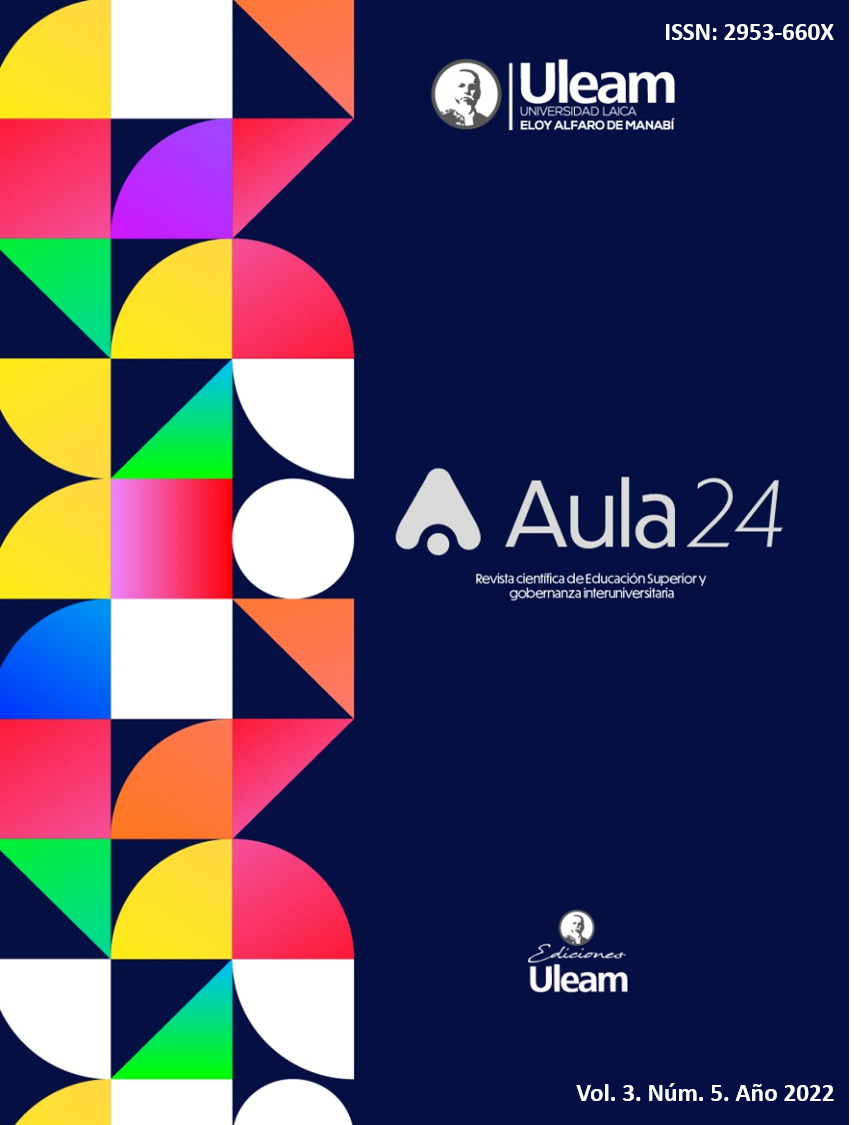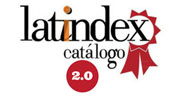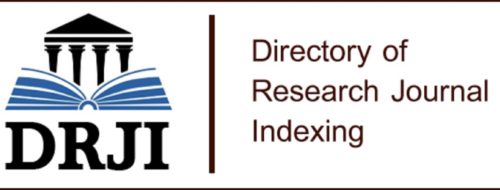QUALITY OF DRINKING WATER IN URBAN AREAS
Review article
Keywords:
Natural resources, Drinking water, Urban areasAbstract
Water is a renewable natural resource, fundamental for living beings, used as a solvent to transport, combine and chemically decompose substances, being the only substance that under normal conditions exists in the three states of matter. Therefore, the water should not present any type of risk that could cause any type of disease. The most frequent contamination of water is through the excreta of man and animals. At present, the properties of water vary greatly depending on different factors, biological, physical and chemical, since these are directly or indirectly influenced in the appearance of various diseases that would affect the daily life of the population. It is very important to emphasize that after water treatment there are external factors that can alter the quality of the water, whether due to the time of use of pipes, corrosion produced by the water itself, accumulation of suspended substances in the water inside the the distribution network, etc.
Keywords: Natural resources, Drinking water, Urban areas.













